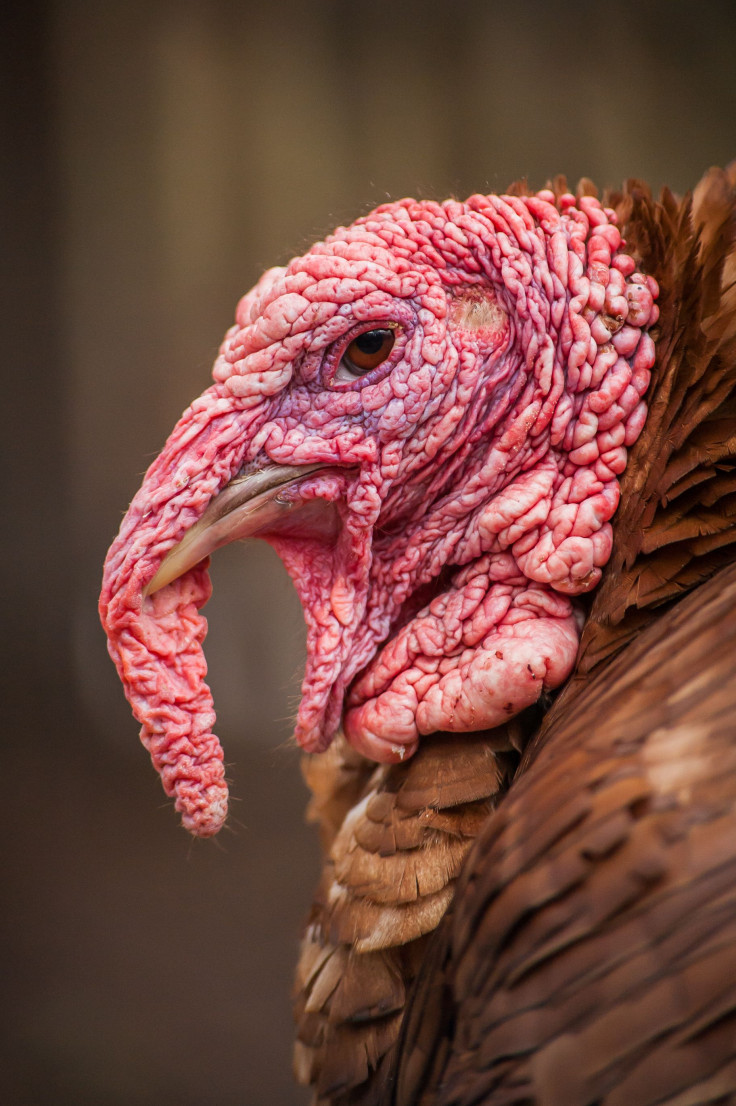Raising Chickens, Ducks In Your Backyard Could Be Raising Salmonella Outbreak Risk

Even though it’s pretty hip to be organic and to have your own gardens (and apparently even livestock), a new study says that raising chickens in your backyard is actually a risk factor for Salmonella outbreaks — especially in light of this growing local foods movement.
In the study, which was published in Clinical Infectious Diseases, researchers associated a rise in salmonellosis among humans with an increased number of people keeping chickens or ducks at home, as well as receiving live birds from mail-order hatcheries.
“We have seen an increasing number of outbreaks of Salmonella infections in people being sick that have been linked back to having chickens and ducks in your backyard,” Dr. Casey Barton Behravesh, one of the lead authors of the study who is a Lieutenant Commander in the U.S. Public Health Service, told Reuters. The study found that between 1996 and 2012, there were 45 Salmonella outbreaks in humans that were linked to live poultry from mail-order hatcheries — sickening over 1,500 people, hospitalizing 221 people, and killing five.
Salmonella is commonly found as a natural bacteria in birds, coating their feathers and skin, but it doesn’t always make them sick. “Salmonella in poultry, whether we’re talking about chickens or ducks, or even geese or turkeys, go together — it’s something that’s a normal germ found in the intestinal tracts of the birds,” Barton Behravesh continued. However, when humans are infected with the bacteria, they are sickened and without treatment could die. The Centers for Disease Control and Prevention states on its website that even organically fed poultry can have Salmonella.
Barton Behravesh urges people to be careful with live poultry especially in the spring, when the recorded cases of Salmonella infection tend to spike. In a survey documenting four cities, the researchers found that about one percent of households had chickens, and four percent were planning on purchasing backyard poultry. Bringing baby chicks indoors, and being in contact with bird food and water could also increase the chances of contracting the disease.
“Most backyard chicken owners are new to this, so it’s exciting to them,” Dr. Jeff Bender, a veterinarian and co-director of the Upper Midwest Agricultural Safety and Health Center at the University of Minnesota, told Reuters. “They view their animals not only as poultry, but they view them as pets too.” Bender believes that not many chicken owners are aware of Salmonella infections or other risks like influenza.
According to the CDC, it’s important to wash your hands immediately after touching poultry or anything in the area they inhabit, like food or water bowls. Be sure to fully cook the eggs you obtain from backyard chickens, and do the same with chicken meat. If you are infected with Salmonella, your symptoms may involve vomiting, fever, stomach pain, and diarrhea.
Overall, the main takeaway from these warnings is that though it may be rare to contract salmonellosis from backyard chickens, it's important to be safer by taking small precautions like preventing children or elderly from being in contact with birds, washing your hands before and after going out to touch the birds, and removing all clothes and shoes before entering the house that may have been in contact with the live poultry. With the proper safety precautions in place, raising your chickens in your backyard can be a fun and healthy experience.
Published by Medicaldaily.com



























